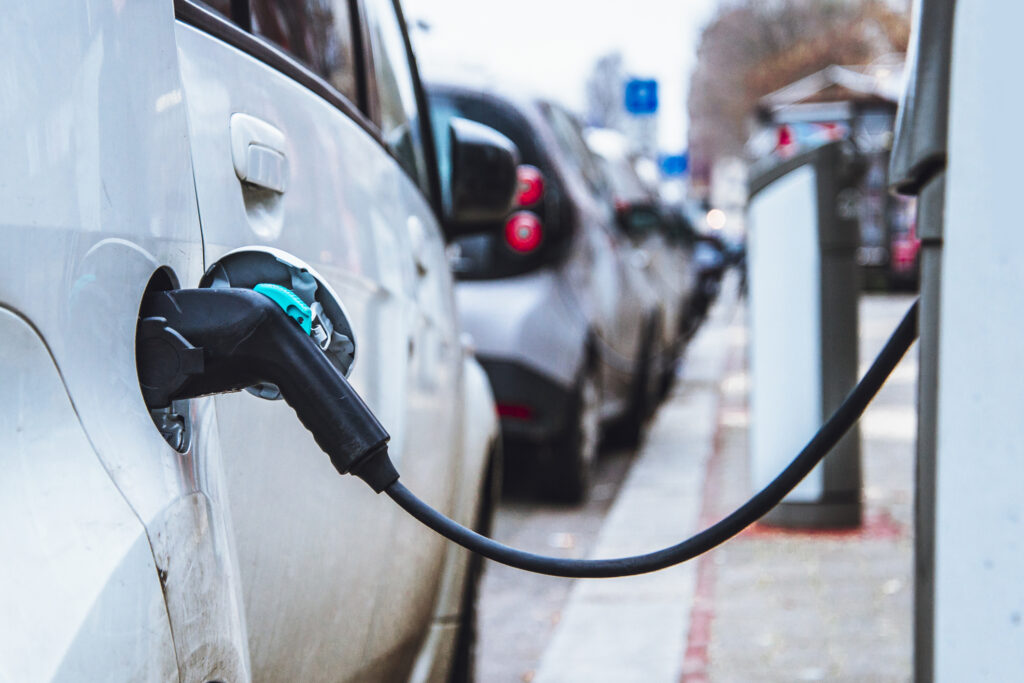The price that EV drivers are expected to pay to charge their vehicles has increased by 14% since June, Zap-Map said via its Price Index.
The findings revealed that, in September 2022, the average weighted price of charging at a slow or fast charger – typically found on-street or at a destination such as supermarkets or car parks – was 39p/kWh in the UK.
As well as this, the price for a rapid or ultra-rapid charge point, typically used for high speed en-route charging, was 56p/kWh.
Because of this, the overall increase for slow and fast chargepoints stands at 15% from 34p/kWh in June 2022, with rapid and ultra-rapid chargepoints seeing an increase of 14% in the same period. It previously stood at 49p/kWh.
This analysis coincides with data the RAC Charge Watch released which said the cost of charging an EV at a public charger had increased by 42% from 18.75p/kWh in May to an average of 63.29p/kWh in late September.
The increase has been a result of the ongoing energy crisis impacting the UK’s economy as a result of high wholesale gas and electricity prices. This has also led to a number of EV operators to raise the cost of their network.
“Although the results of our survey show many EV drivers are keeping a close eye on the rising costs of electricity, it’s still significantly cheaper to run an electric car than a petrol or diesel vehicle,” said Melanie Shufflebotham, co-founder and chief operating officer at Zap-Map.
“With cost savings front of mind for people across the country, the Zap-Map Price Index highlights that the price EV drivers pay varies a good deal across different charging scenarios.
“With more and more drivers switching to electric, the purpose of Zap-Map’s new Price Index is to keep track of the price that EV drivers pay when out and about, as well as how it varies across the different types of chargers. This will in turn help EV drivers to seek out the cheapest charging option and keep their costs firmly under control.”
A concerning aspect of the rise in charging costs amid the energy crisis is that there is now a marginal difference in the cost between home charging and public charging. This contributes to increased disparity in the EV market.
The RAC said that under the Energy Prices Bill, the cost per mile for an average-sized EV driven reasonably efficiently is around 9p and the cost to charge a car to 80% at home will be £17.87.
In comparison, public charging will see the cost of an 80% charge set at £32.74, up from £26.10 in May, a 25% increase, and from £17.51 in September 2021, an 87% increase.
Although it was feared this may deter drivers from switching to EVs, Zap-Map has indicated that it is still cheaper to run an EV as opposed to an internal combustion engine (ICE) variant.
Zap-Map’s analysis showed that a driver charging at home 80% of the time would save around £1,200 per year versus an ICE car, whereas a driver charging solely on the public network using a combination of slow/fast and rapid/ultra-rapid charging would save around £900 per year.
Because of this, over 80% of EV drivers are confident that their EV is currently cheaper to run than the equivalent ICE vehicle, Zap-Map said. Despite this, the figure drops with the future in mind with around 75% confident that the same will be true by January 2023.





